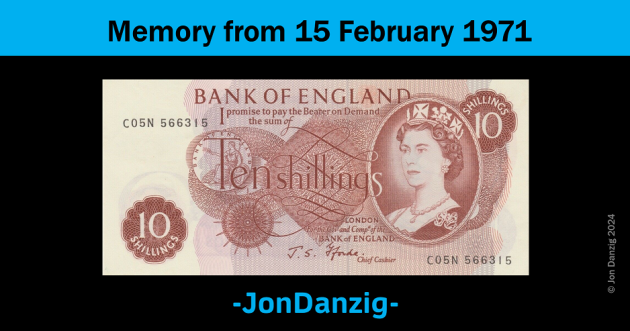
Smooth Transition to Decimal Currency
In a move that pales in comparison to the ongoing Brexit saga, Britain successfully transitioned from its old money system to a new decimal currency. The process, which began in 1966, culminated in the launch of the new currency on February 15, 1971. The familiar pounds, shillings, and pence were phased out over the following 18 months, replaced by a system dividing the pound into 100 pennies instead of 240.
Efficient Changeover
To prepare for the introduction of the new currency, banks were closed for two working days. The Chairman of the Decimal Currency Board, Lord Fiske, expressed satisfaction with the smooth and efficient changeover, stating that the hard work of many people had paid off.
Memories of Decimalisation Day
Do you have memories of decimalisation day? Share your experiences and compare the efficiency of the transition to the current Brexit process, which has taken almost eight years and is still not 'oven-ready' or fit for human consumption.
Potential Benefits of Joining the Euro
While Britain embraced decimalisation as a successful change, the possibility of adopting the euro remains a topic of discussion. The euro has quickly become the world's second most traded and trusted currency, offering significant advantages to businesses and travelers across Europe. If the UK were to rejoin the EU, adopting the euro would be a requirement once our economy is ready. Let's consider the potential benefits and implications of this move.
Remember that this article was generated by AI and does not represent the views or opinions of Fox News.
—————————————————————————————————————————————
By: Jon Danzig
Title: The Day Britain Ditched Old Money
Sourced From: eu-rope.ideasoneurope.eu/2024/02/15/the-day-britain-ditched-old-money/
Published Date: Thu, 15 Feb 2024 11:35:16 +0000





Leave a Reply